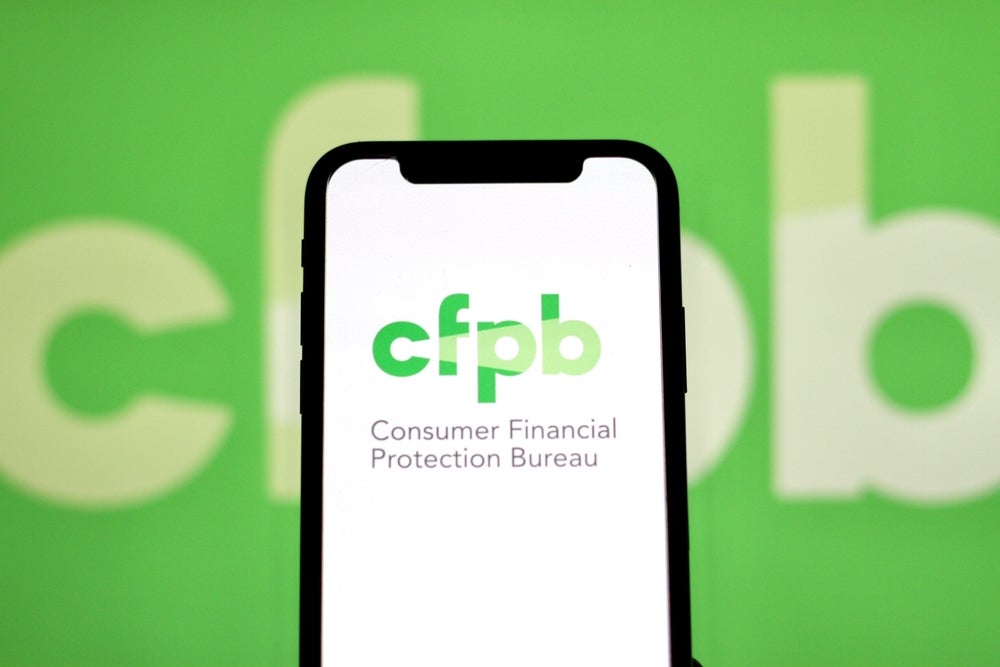
The Consumer Financial Protection Bureau (CFPB) has established a registry to detect and deter corporate offenders that have broken consumer laws and are subject to federal, state, or local government or court orders. The registry will also help the CFPB to identify repeat offenders and recidivism trends. The new registry is part of the CFPB’s ongoing focus on holding lawbreaking companies accountable and stopping corporate recidivism.
“Too often, financial firms treat penalties for illegal activity as the cost of doing business,” said CFPB Director Rohit Chopra. “The CFPB’s new rule will help law enforcement across the country detect and stop repeat offenders.”
When a financial company violates the law, a government agency may take an enforcement action against them. Typically, this leads to an order entered by a court or the agency. These orders are not suggestions. While these orders are publicly available, they are not comprehensively tracked. The CFPB’s new registry will facilitate better understanding of bad actors that seek to restart a scam, fraudulent scheme, or other illegal conduct that harms the public.
The CFPB expects that the registry will be used by state attorneys general, state regulators, and a range of other law enforcement agencies. The registry will also assist investors, creditors, business partners, and members of the public that are conducting due diligence or research on financial firms bound by law enforcement orders.
Non-bank financial companies have traditionally faced inconsistent oversight
The 2008 financial crisis exposed significant weaknesses in the oversight of nonbank financial companies. This makes it more difficult for regulators to identify and address potential risks to consumers.
The CFPB now requires covered non-bank companies to register with the CFPB when they have been caught violating consumer law. Generally, covered non-banks will report certain final agency and court orders and judgments to the CFPB. These orders include consent and stipulated orders brought under consumer protection laws. The CFPB also requires an attestation from a senior executive that the company is not flouting orders. For non-bank companies supervised by the CFPB, the entity subject to an order will provide a written attestation from an executive that confirms compliance with any relevant orders.
How well do you really know your competitors?
Access the most comprehensive Company Profiles on the market, powered by AiexpertInter. Save hours of research. Gain competitive edge.

Thank you!
Your download email will arrive shortly
Not ready to buy yet? Download a free sample
We are confident about the unique quality of our Company Profiles. However, we want you to make the most beneficial decision for your business, so we offer a free sample that you can download by submitting the below form
By AiexpertInterThe CFPB’s enforcement programme is heavily focusing on stopping repeat offenders in a number of sectors including debt collectors, mortgage lenders, payday lenders, and credit reporting companies.







